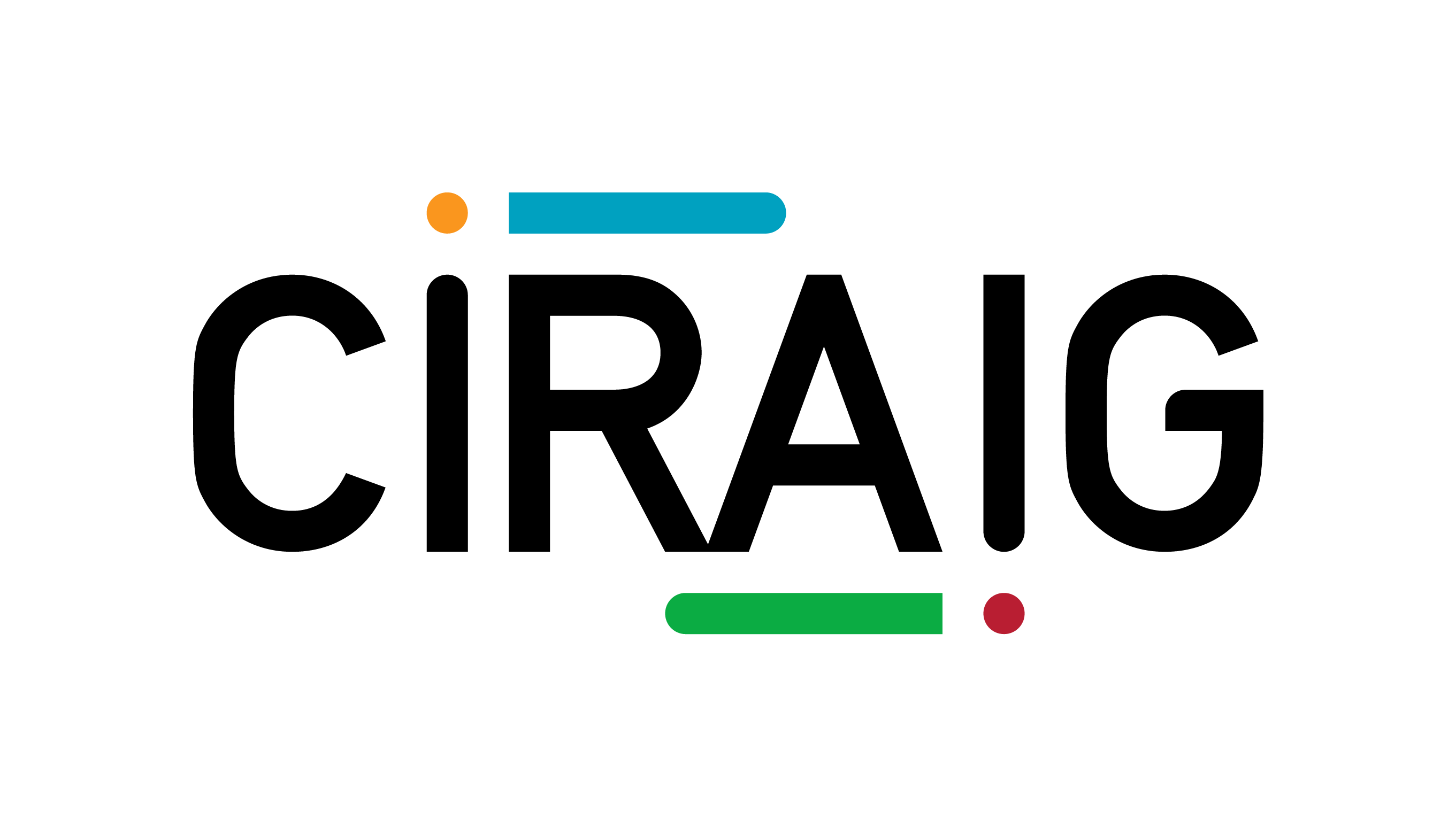Project
Circular Metrics Advisory Group of the WBCSD
Built by business, for business, the CTI provides companies with a common language to use for internal decision-making and communicating to key stakeholders. The CTI, and its free online tool, are now available.

As the circular economy grows in momentum, it is imperative for companies to prepare for their transition based on insights into their circular performance and associated risks and opportunities. To do this, business needs a universal and consistent way to measure its circularity. According to the Circularity Gap Report, the global economy is only 9% circular today. The Circular Transition Indicators (CTI) shaped by 26 WBCSD member companies help answer questions like:
– How circular is my company?
– How do we set targets for improvement?
– How do we monitor improvements resulting from our circular activities?
The CTI is simple, applicable across industries and value chains, comprehensive yet flexible, complementary to a company’s existing sustainability efforts and agnostic as to material, sector or technology. Central to the CTI stands a self-assessment that determines a company’s circular performance. Although the use of common indicators for circularity performance is essential to accelerating the transition to the circular economy, the value of the CTI for a company goes beyond the calculation in the guidance, analysis and explanation for how circularity drives company performance. The CTI process helps companies to scope and prepare the assessment and interpret its results, understand its risks and opportunities, prioritize actions and establish SMART targets to monitor progress. The CTI is inward-facing, objective, quantitative and based on demonstrable data. This data may sit in hidden corners of the company or even outside the company, with its value chain partners.
In order to support and guide companies through this process, we have partnered with Circular IQ to develop the CTI online tool available at www.ctitool.com. Through the tool, the CTI initiates value chain discussions, which are essential to accelerating the transition to the circular economy. The CTI delivers a framework to prepare this response. It does not provide a rating but leaves it to the company to determine whether the results are in accordance with its ambitions, putting the company in the driver’s seat of its own circular transition. We invite companies of all sizes and industries worldwide to demonstrate their commitment to the circular economy by measuring their circular baseline guided by the CTI and supported by its online tool.
In collaboration with
We use cookies on our website to give you the most relevant experience by remembering your preferences and repeat visits. By clicking “Accept”, you consent to the use of ALL the cookies.
Manage consent
Privacy Overview
This website uses cookies to improve your experience while you navigate through the website. Out of these, the cookies that are categorized as necessary are stored on your browser as they are essential for the working of basic functionalities of the website. We also use third-party cookies that help us analyze and understand how you use this website. These cookies will be stored in your browser only with your consent. You also have the option to opt-out of these cookies. But opting out of some of these cookies may affect your browsing experience.
Necessary cookies are absolutely essential for the website to function properly. This category only includes cookies that ensures basic functionalities and security features of the website. These cookies do not store any personal information.
Any cookies that may not be particularly necessary for the website to function and is used specifically to collect user personal data via analytics, ads, other embedded contents are termed as non-necessary cookies. It is mandatory to procure user consent prior to running these cookies on your website.
Your subscription could not be saved. Please try again.
Your subscription has been successful.





